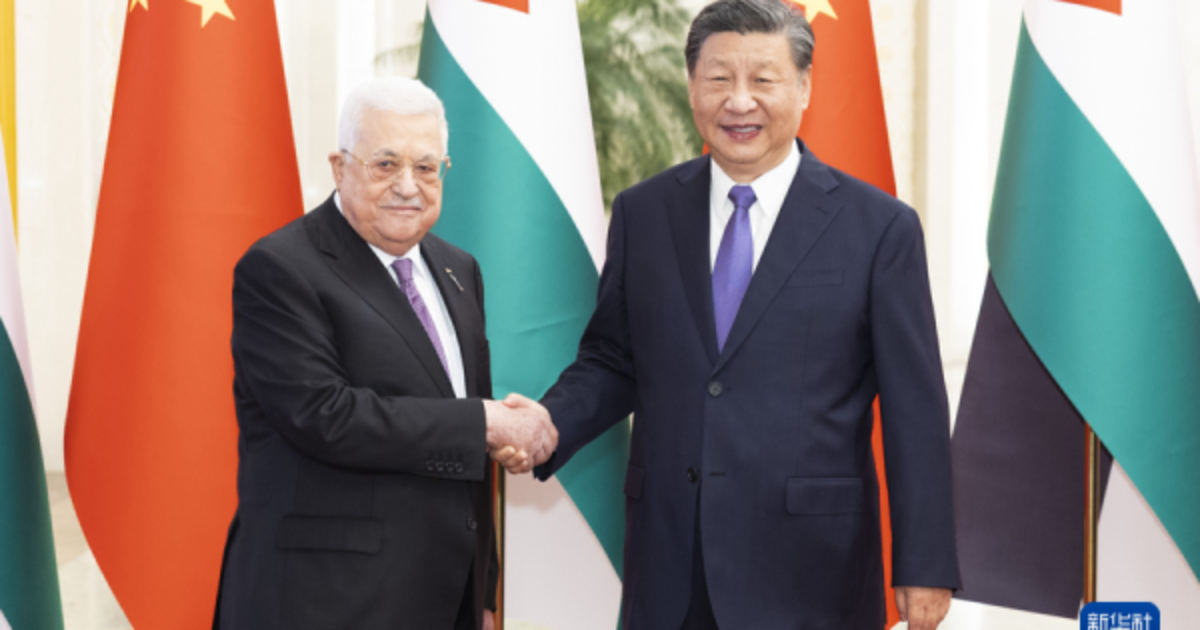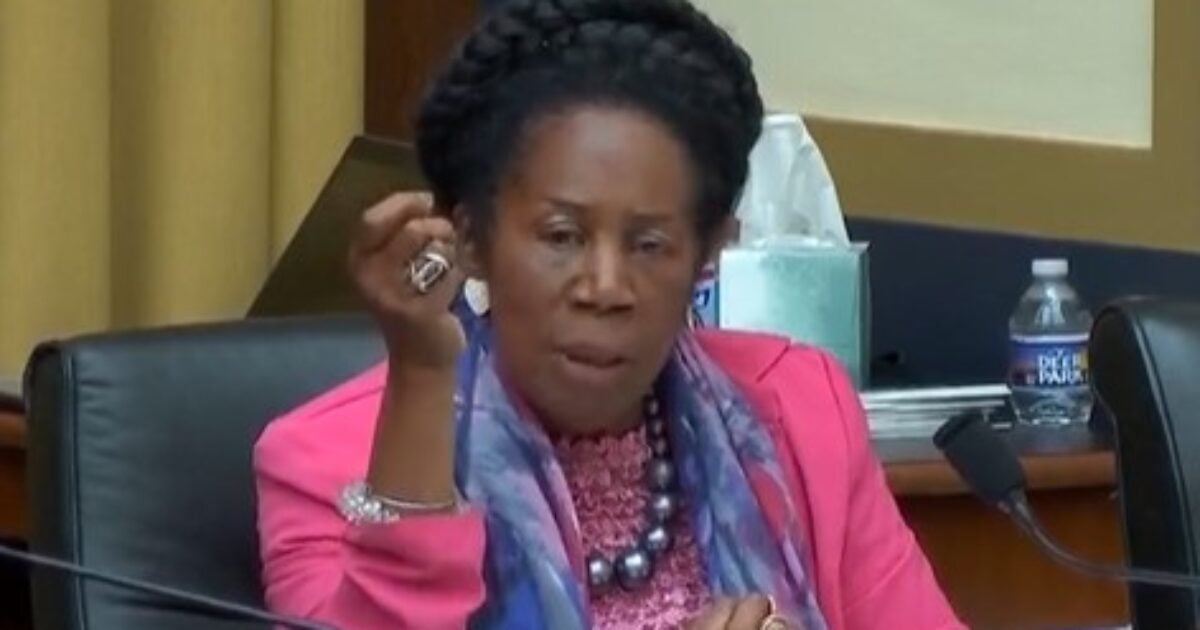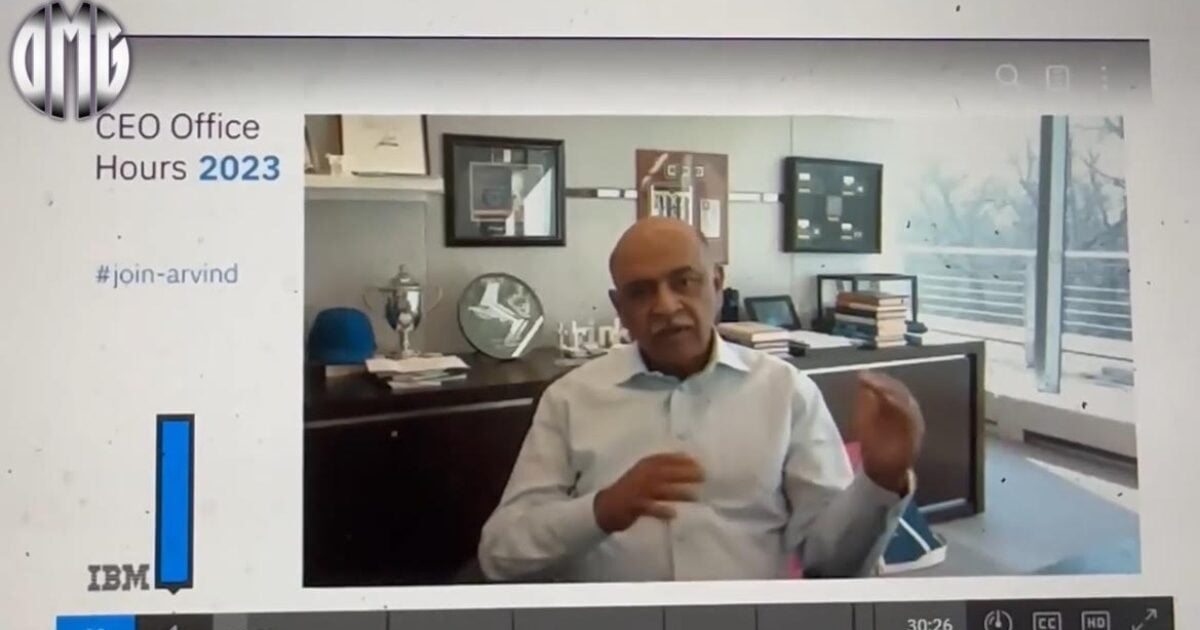
On July 23, 2024, China mediated an agreement between Palestinian factions, including Hamas and Fatah, to end their longstanding division and form a national unity government.
This “Beijing Declaration on Ending Division and Strengthening Palestinian National Unity” aims to declare independence and establish Jerusalem as the capital. This agreement ends a conflict that began when Hamas seized the Gaza Strip in 2007 and expelled Fatah.
Unifying these factions will benefit the Chinese Communist Party (CCP) economically and diplomatically, while intensifying the threat to Israel and the United States.
The US State Department released a statement asserting that, as a terrorist organization, Hamas should not be part of the post-war Gaza government. By signing the agreement, Mahmoud Abbas, President of the Palestinian Authority (PA) since January 2005, has demonstrated that he embraces rather than rejects terrorist organizations.
About half of the 14 Palestinian factions that signed the agreement have been designated as terrorist organizations and have historically received backing from countries like Iran and Syria, as well as militant groups such as Hezbollah (Hizbollah).
The Palestine Liberation Organization (PLO), established in 1964, is an umbrella organization comprising various factions and groups. It is recognized as the “sole legitimate representative of the Palestinian people” by the United Nations and most countries.
During the 1970s and 1980s, some countries and entities designated the PLO as a terrorist organization due to its involvement in attacks against Israeli and Western targets, notably the 1972 Munich Olympics massacre by the Black September Organization, a faction linked to the PLO.
However, following the Oslo Accords in the 1990s, which marked a shift towards diplomatic negotiations, the U.S. began engaging with the PLO.
Hamas has been designated a terrorist organization by the US, EU, most Western nations, Japan, and Israel due to its involvement in armed attacks, including suicide bombings, rocket attacks, and other forms of violence targeting civilians and military personnel.
Hamas receives significant financial and military support from Iran, which views the group as a key ally in its opposition to Israel. Additionally, Hamas has cooperated with Hezbollah, sharing intelligence, training, and support.
Historically, Hamas maintained its political headquarters in Damascus until the Syrian civil war strained its relationship with the Syrian government.
Fatah, the dominant faction within the PLO, has not been designated as a terrorist organization by major international bodies or countries. However, some militant factions and individuals associated with Fatah, especially in its early years, engaged in acts of violence and terrorism.
Islamic Jihad, founded in 1981, aims to establish an Islamic Palestinian state and eliminate Israel through violence. Recognized as a terrorist organization by the United States, European Union, Israel, and other western countries, the group is notorious for attacks on Israeli military and civilian targets, including suicide bombings and rocket strikes.
Islamic Jihad receives extensive financial and military support from Iran, its primary backer, and cooperates with Hezbollah on military strategies and logistics. Operating from Syria, the group also receives support from the Syrian government, further strengthening its militant activities.
The Popular Front for the Liberation of Palestine (PFLP), a designated terrorist organization, is a secular Marxist-Leninist and revolutionary socialist group founded in 1967 and part of the Palestine Liberation Organization (PLO).
The PFLP has strong ties to the Syrian government, receiving support and operating bases in Syria. It has also coordinated with Hezbollah in Lebanon.
The Popular Front for the Liberation of Palestine – General Command (PFLP-GC), a splinter group from the PFLP, is designated as a terrorist organization due to its involvement in bombings and hijackings against Israeli and Western targets. Closely allied with the Syrian government, the PFLP-GC operates bases in Syria and has cooperated with Hezbollah.
Saiqa (As-Sa’iqa and As-Saiqa), established in 1967, is a Palestinian Ba’athist faction closely aligned with the Syrian government and operating as the Palestinian wing of the Syrian Ba’ath Party.
The group has engaged in numerous militant activities against Israeli targets to promote Palestinian liberation through armed struggle. Designated a terrorist organization by the United States, Saiqa is supported by the Syrian government.
The Democratic Front for the Liberation of Palestine (DFLP), designated as a terrorist organization, has been involved in attacks against Israeli civilians and military targets, including the 1974 Ma’alot massacre, where over 20 Israeli schoolchildren were killed. The DFLP has maintained a presence in Syria and has received support from the Syrian government.
China’s relationship with the Palestine Liberation Organization (PLO) began in 1965 when the PLO opened a representative office in Beijing as part of China’s strategy to align with global liberation movements.
This relationship was formalized in 1988 when China recognized the State of Palestine, converting the PLO office into an official embassy. Over the years, China has consistently advocated for an independent Palestinian state based on the 1967 borders, with East Jerusalem as its capital.
Chinese leader, Xi Jinping has reiterated this stance in various international forums, emphasizing support for a two-state solution. In 2023, during a meeting with Palestinian President Mahmoud Abbas, Xi proposed a three-point peace plan to resolve the Israeli-Palestinian conflict. Recently, China has called for Palestine to be granted full membership in the UN.
In December 2022, China and Palestine signed a Memorandum of Understanding (MoU) on the Belt and Road Initiative (BRI). Through its engagement with the PLO, including the latest agreement unifying Palestinian terrorist organizations, the CCP is less concerned with peace or democracy and more focused on economic gains and increasing its regional influence.
By strengthening ties with these groups, including Hamas, which has been weakened in its conflict with Israel, Beijing aims to bolster its strategic position and counter US interests in the Middle East.















